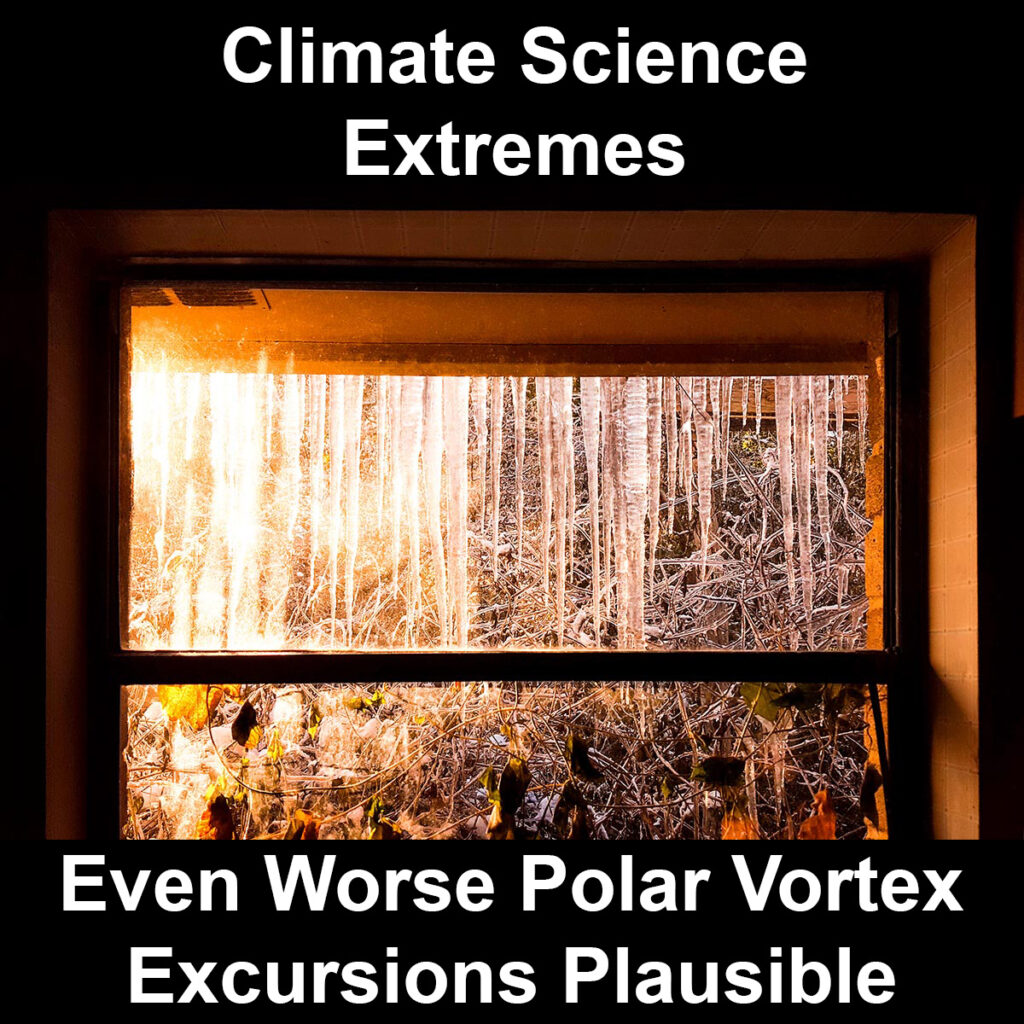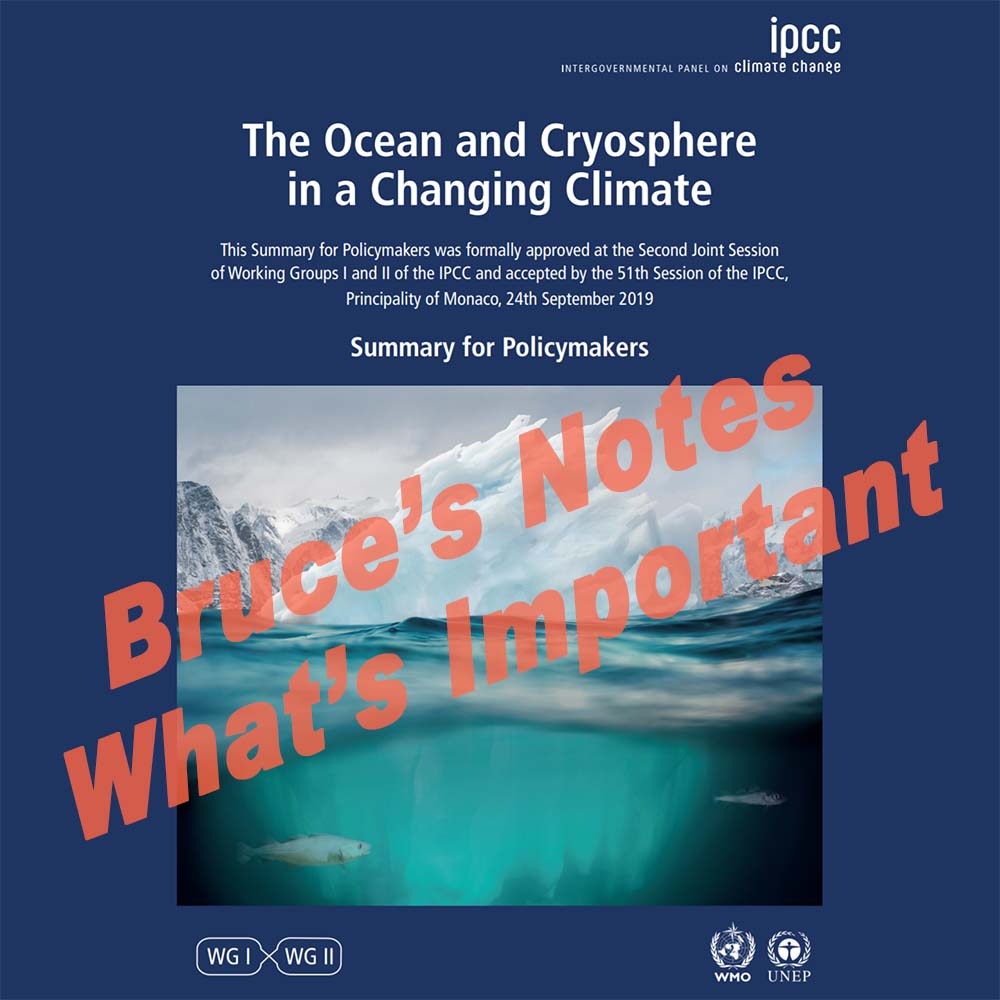
Even Worse Polar Vortex Excursions Are Likely In Our Future It may not be this year, but it may be. These extreme cold outbreaks caused by climate change were generally not supposed to happen according to the models, but the models are understated. Almost all climate change effects are happening generations to a century…







